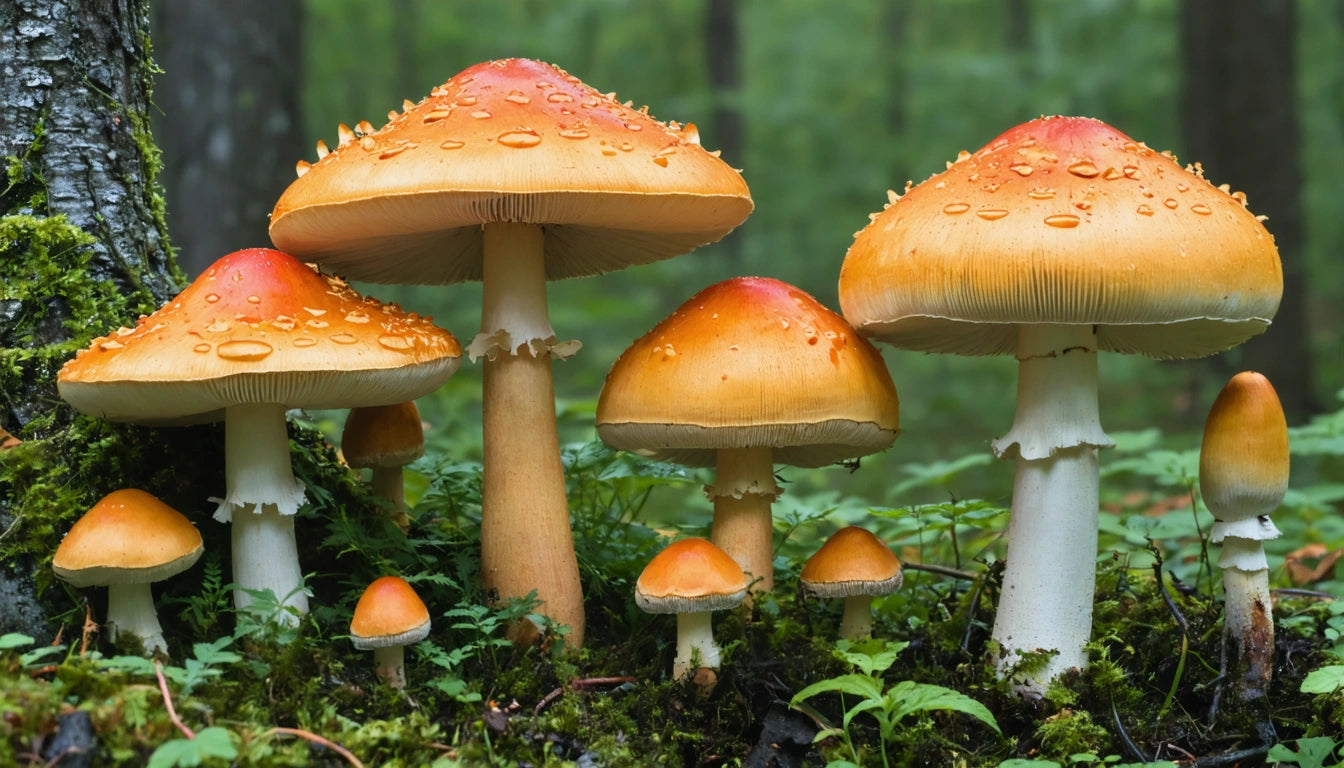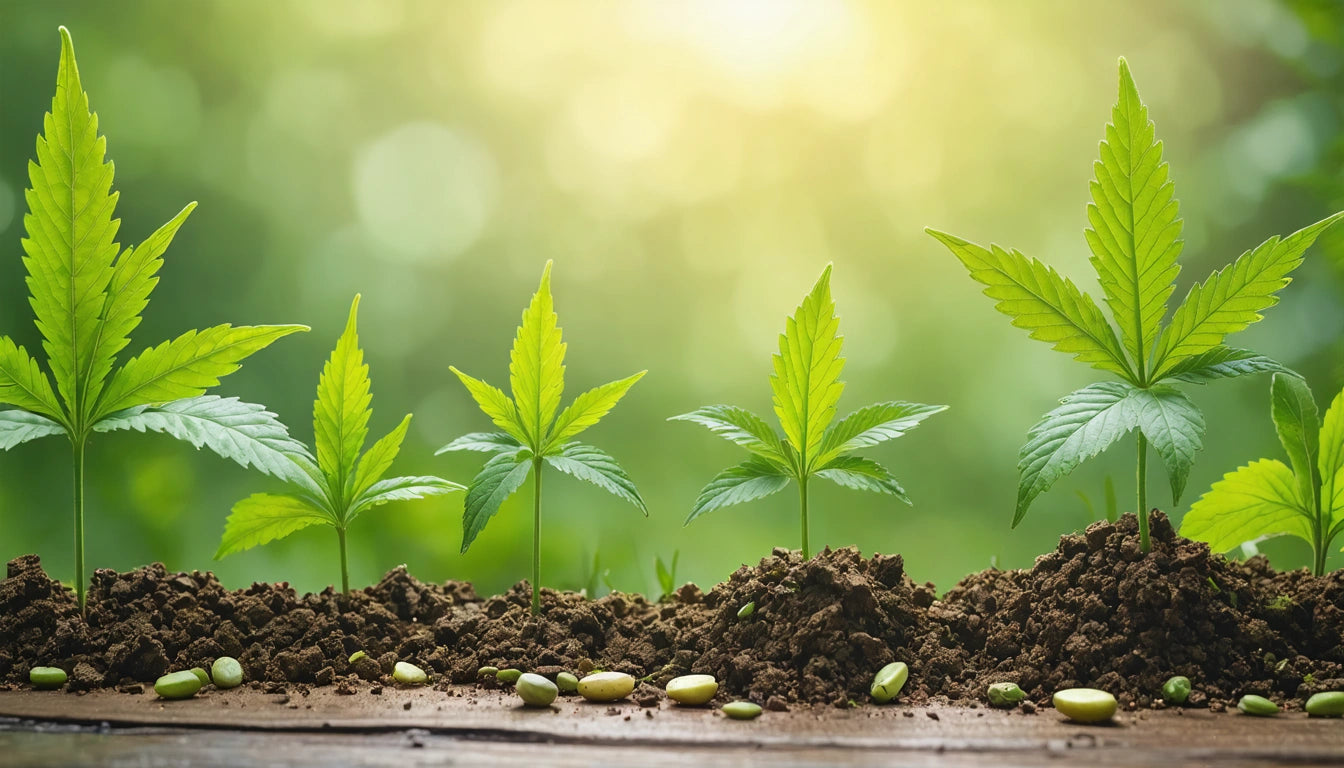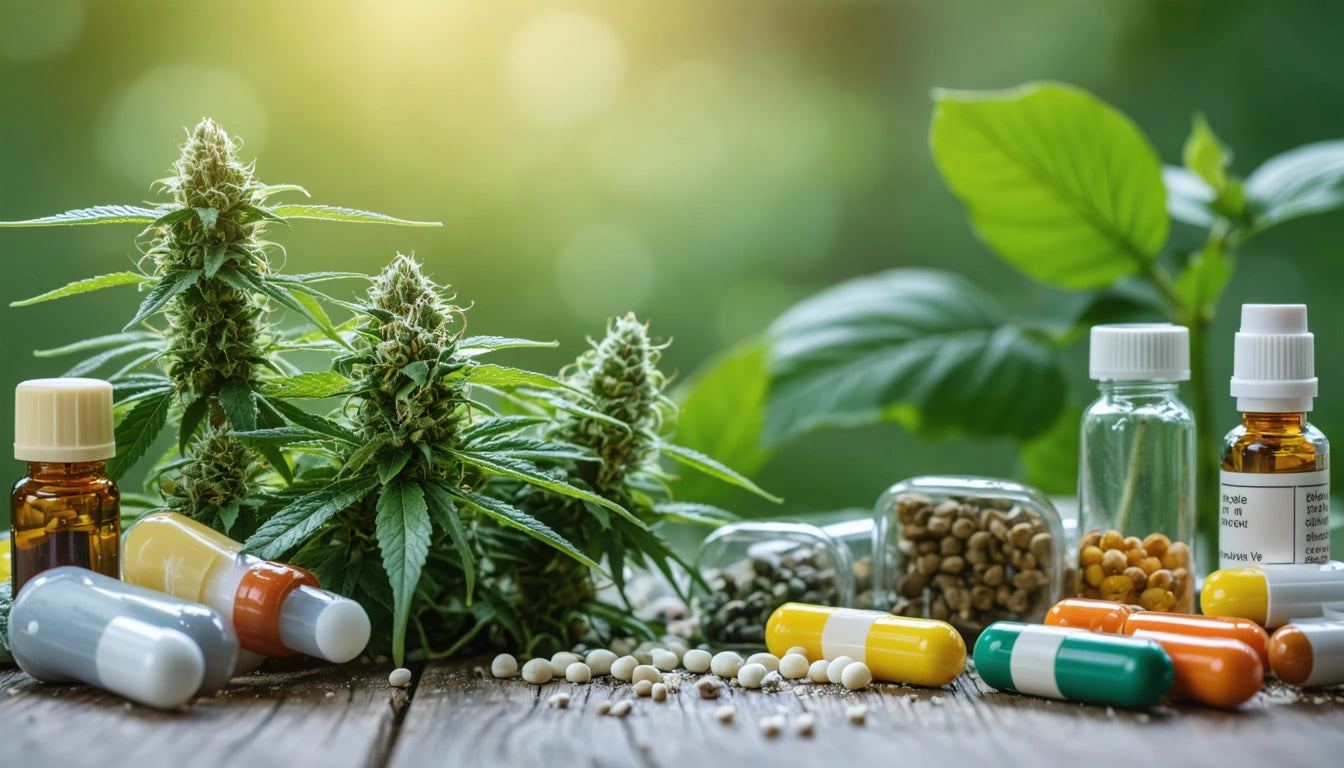Table of Contents
- Current Legal Status of Psilocybin Mushrooms in the US
- Decriminalized Regions and Progressive Policies
- State-by-State Legal Status Overview
- Spore Legality: A Legal Gray Area
- International Legal Status of Magic Mushrooms
- Safety Considerations and Responsible Use
- Future Outlook: Changing Attitudes and Legal Reform
The Legal Status of Shrooms: A Comprehensive Guide by Region
The legal landscape surrounding psilocybin mushrooms, commonly known as "shrooms" or "magic mushrooms," is complex and rapidly evolving. As research into their potential therapeutic benefits continues to expand, many regions are reconsidering their legal status. This guide provides current information on where shrooms are legal, decriminalized, or still prohibited across the United States and internationally.
Current Legal Status of Psilocybin Mushrooms in the US
At the federal level in the United States, psilocybin remains classified as a Schedule I controlled substance, making magic mushrooms illegal nationwide. However, several states and municipalities have enacted their own policies that differ from federal law.
According to this comprehensive resource on psychedelic mushroom legality, the legal status varies significantly by jurisdiction. While federal law prohibits the possession, cultivation, and distribution of psilocybin mushrooms, enforcement priorities and local regulations create a patchwork of policies.
Decriminalized Regions and Progressive Policies
Several regions have taken steps to decriminalize psilocybin mushrooms, making possession of small amounts a low priority for law enforcement:
- Denver, Colorado became the first city to decriminalize in May 2019
- Oakland and Santa Cruz, California followed with similar measures
- Washington DC passed Initiative 81 in November 2020
- Oregon passed Measure 109 in 2020, creating a framework for legal therapeutic use
- Ann Arbor, Michigan and several other cities have adopted decriminalization policies
It's important to understand that decriminalization is not the same as legalization. In decriminalized areas, possession may still technically violate the law, but enforcement is deprioritized, typically resulting in no arrests for personal possession of small amounts.
State-by-State Legal Status Overview
Are Shrooms Legal in California?
While psilocybin mushrooms remain illegal under California state law, several cities including Oakland, Santa Cruz, and most recently San Francisco have decriminalized plant-based psychedelics, including magic mushrooms. This means that while possession is still technically illegal, law enforcement in these cities has been directed to make it their lowest priority.
For more details on the legal status in California, you can refer to this guide on mushroom legality in California and Seattle.
Are Shrooms Legal in Colorado?
Colorado has been at the forefront of psychedelic reform. Denver was the first US city to decriminalize psilocybin in 2019. In November 2022, Colorado voters approved Proposition 122, which decriminalized personal possession, use, and cultivation of certain psychedelics statewide, including psilocybin mushrooms. The measure also creates a regulated access program for supervised use.
Are Shrooms Legal in Texas, Florida, and Other States?
In most states, including Texas, Florida, Missouri, Ohio, Virginia, and New Jersey, psilocybin mushrooms remain fully illegal. However, the legal landscape is rapidly changing. For instance, Florida has seen efforts to decriminalize in some municipalities despite state prohibition.
For a detailed state-by-state breakdown, this state-by-state guide on mushroom legality provides specific information for each jurisdiction.
Spore Legality: A Legal Gray Area
One common question is, "Are shroom spores illegal?" This represents a legal gray area in many jurisdictions. Psilocybin mushroom spores do not contain psilocybin, the controlled substance that makes mature mushrooms illegal. As a result, in many states, the spores themselves are legal to possess and sell for microscopy or research purposes, but cultivating them into mushrooms remains illegal.
However, three states explicitly prohibit psilocybin mushroom spores: California, Idaho, and Georgia. In all other states, spores may be legal to possess but illegal to cultivate into mushrooms.
International Legal Status of Magic Mushrooms
The legal status of psilocybin mushrooms varies widely around the world:
Are Shrooms Legal in Canada?
Psilocybin mushrooms are illegal in Canada under the Controlled Drugs and Substances Act. However, Health Canada has granted exemptions for therapeutic use in certain cases, and some Canadian cities are considering decriminalization measures.
Other Countries
Several countries have more progressive policies:
- The Netherlands allows sale of "magic truffles" (sclerotia) but not mushrooms
- Jamaica has no prohibition against psilocybin mushrooms
- Brazil does not criminalize psilocybin mushrooms
- Portugal has decriminalized all drugs, including psilocybin mushrooms
Safety Considerations and Responsible Use
Regardless of legal status, safety should be a primary concern. As with any substance, proper packaging and storage are essential, especially in households with children. Safety regulations for controlled substances emphasize the importance of proper containment and child-resistant packaging to prevent accidental ingestion.
If you're in a jurisdiction where psilocybin is accessible, responsible practices include:
- Starting with low doses, especially for beginners
- Having a trusted, sober "trip sitter" present
- Creating a safe, comfortable environment
- Avoiding combination with other substances
- Storing products securely away from children
Future Outlook: Changing Attitudes and Legal Reform
The legal status of psilocybin mushrooms is evolving rapidly as research continues to demonstrate potential therapeutic benefits for conditions like depression, PTSD, and anxiety. Several states have active campaigns to decriminalize or create regulated access programs.
The FDA has designated psilocybin therapy as a "breakthrough therapy" for treatment-resistant depression, potentially accelerating the path toward medical approval. As clinical research progresses and public opinion shifts, we're likely to see continued legal reform across the United States and globally.
While full legalization may still be years away in most regions, the trend toward decriminalization and medical access programs suggests that the legal landscape for psilocybin mushrooms will continue to evolve. For those interested in the therapeutic potential of these substances, staying informed about local laws and advocating for evidence-based policies remains important.











Leave a comment
All comments are moderated before being published.
This site is protected by hCaptcha and the hCaptcha Privacy Policy and Terms of Service apply.